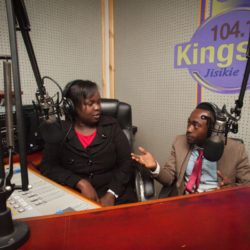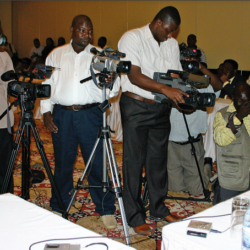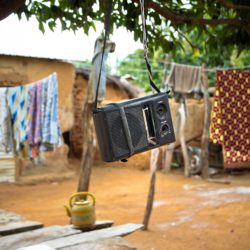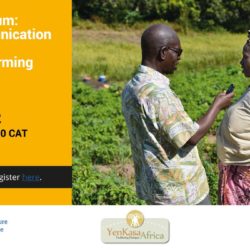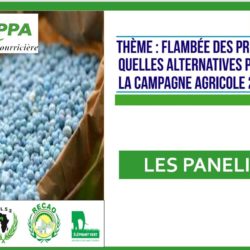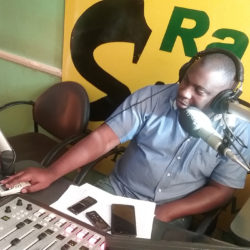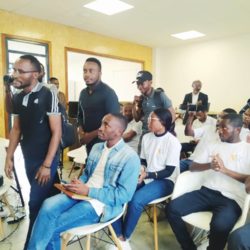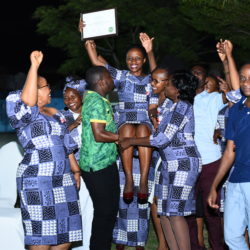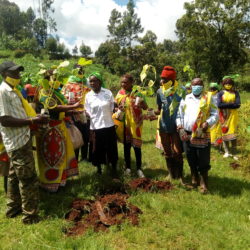Here’s how broadcasters participated in the Farm Radio International COVID-19 vaccine confidence campaign
Vaccines are critical in preventing severe illness from COVID-19 and keeping communities healthy. Yet many people still have questions or are hesitant about the COVID-19 vaccines. Between May and September 2022, approximately 250 Farm Radio broadcasting partners in 16 countries participated in the Farm Radio International COVID-19 vaccine confidence campaign. The campaign promoted COVID-19 vaccines, answered listeners’ questions, and provided good information on the effectiveness of the vaccines available in

